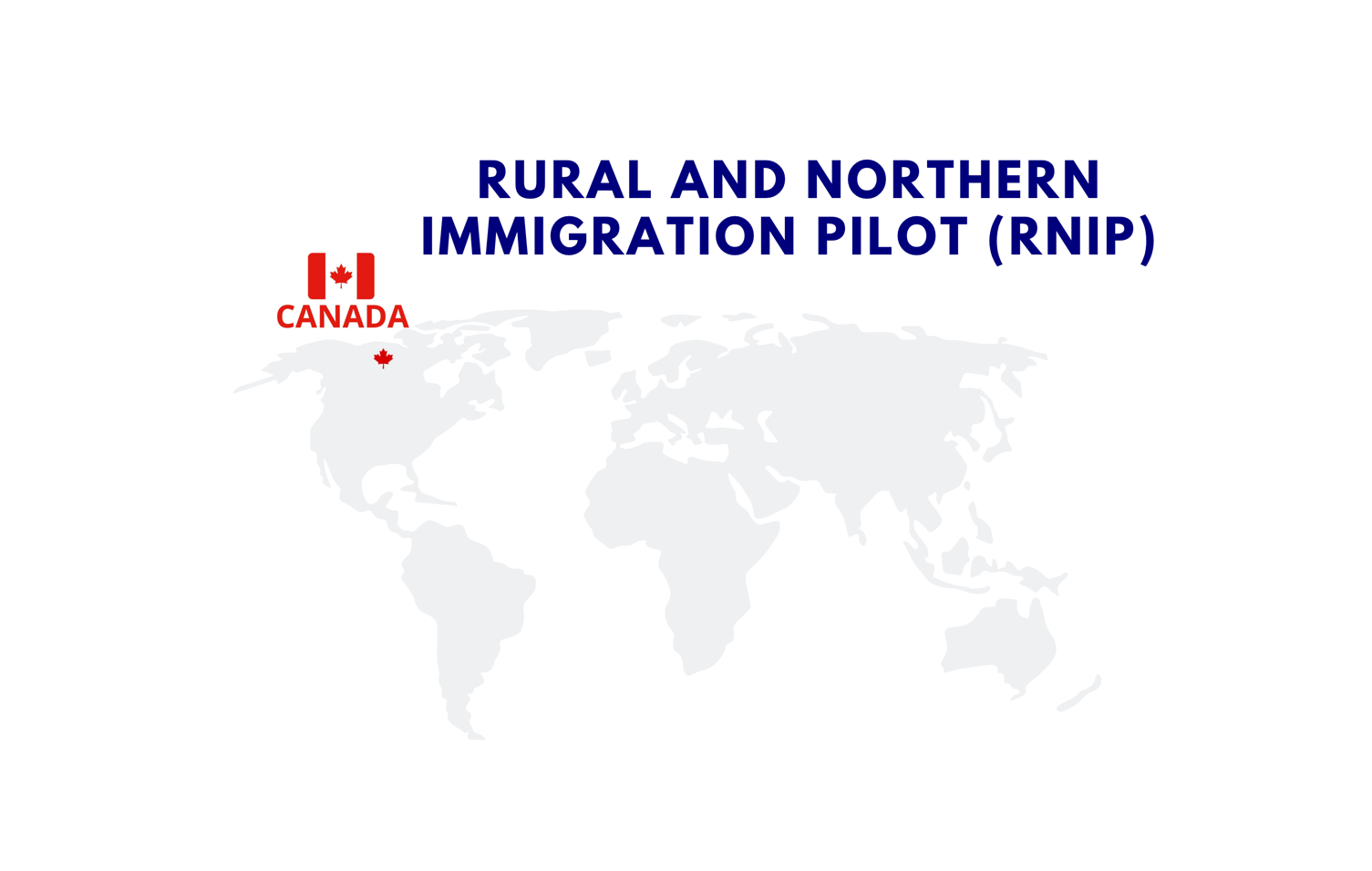
The Rural and Northern Immigration Pilot (RNIP) is a community-driven program. The pilot is designed to spread the benefits of economic immigration to smaller communities by creating a path to permanent residence for skilled foreign workers who want to work and live in one of the participating communities. If you have applied for permanent residence under the Rural and Northern Immigration Pilot, you may also be eligible for a one-year work permit. The work permit lets you work while your permanent residence application is being processed.
Program Requirements
Potential candidates must meet the federal criteria as well as requirements established by the participating community where they are hoping to settle. As a candidate you must:
- Have a recommendation from one of the designated communities.
- Meet the qualifying work experience or Canadian education
- One year of work experience in the past three years (minimum 1,560 hours). The work experience must be in one occupation but may be with different employers. Work experience can be obtained in Canada or outside Canada.
- Graduation from a publicly funded post-secondary institution in the recommending community.
- Meet the minimum education requirement (minimum high school). Educational Credential Assessment (ECA) report from a designated organization is required for overseas education.
- Have a job offer from one of the designated communities?
- Meet the language threshold for the NOC skill type/level of the job being offered (CLB 6 for NOC 0 and A; CLB 5 for NOC B and CLB 4 for NOC C or D jobs)
- Have sufficient funds to settle and support family in the community. You are exempt from the settlement funds requirement if you are already working legally in Canada at the time of application.
Candidates are recommended by a designated community economic development organization and is based on the candidate’s:
- Intention to live in the designated community.
- Job offer and the community’s economic needs.
- Work experience and skills.
- Ties to the community.